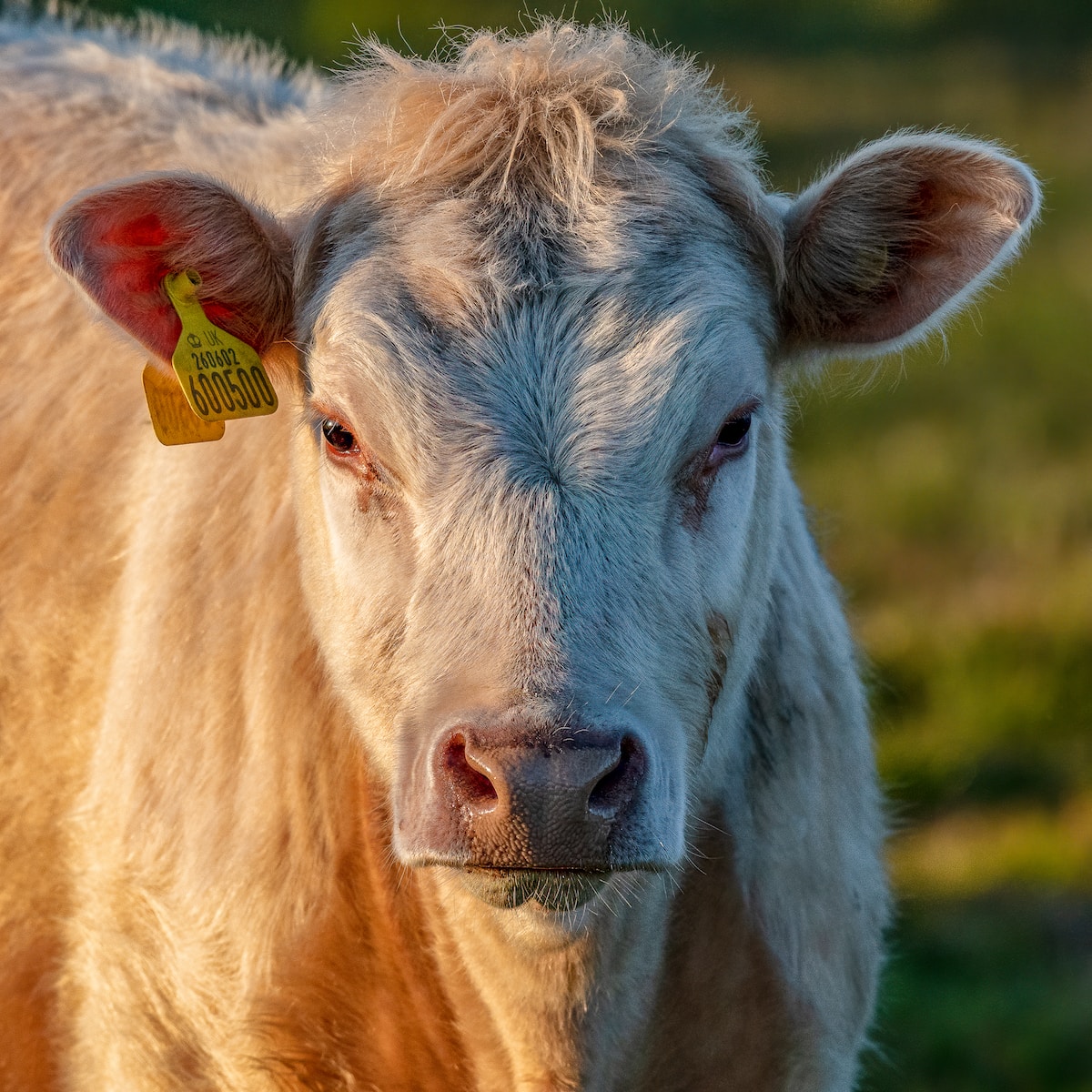Farmers across the UK have been told to be vigilant after the first case of blue tongue was discovered in Kent, the first case in the UK for 16 years. One case was found in a cow on a milking farm near Canterbury in England, and further tests are being undertaken to ensure that it is an isolated case. A control area of 10km has been established around the farm, and there are restrictions in place for the movement of animals.
The blue tongue virus is transmitted by midges, and affects sheep, cattle, goats, deer and a number of other animals. The virus causes sores and swelling on the heads and in the mouths of animals. Clinical signs that blue tongue is present in sheep includes sores in the mouth of the animal, a heavy mucus discharge from the nose and the mouth and swelling in the mouth, head and neck of the animal. In cattle, the signs include swelling and sores in the mouth of the animal, mucus discharge from the nose, red skin and eyes as a result of blood collecting at the surface, swollen teats and tiredness.
A number of variants of the virus are circulating in Europe at the moment. The disease can spread across the channel from Europe to England on the wind, with the risk of that happening dependent on the amount of disease on the continent, weather conditions such as wind direction and temperature. The virus can also spread by infected carrying the virus with them from areas with high infection rates. Although blue tongue is not directly transmissible between animals, moving animals from areas with high levels of the virus presents a risk.
For advice about what to do if you suspect that the virus is present in your animals, go to the Welsh Government’s website for more information.



